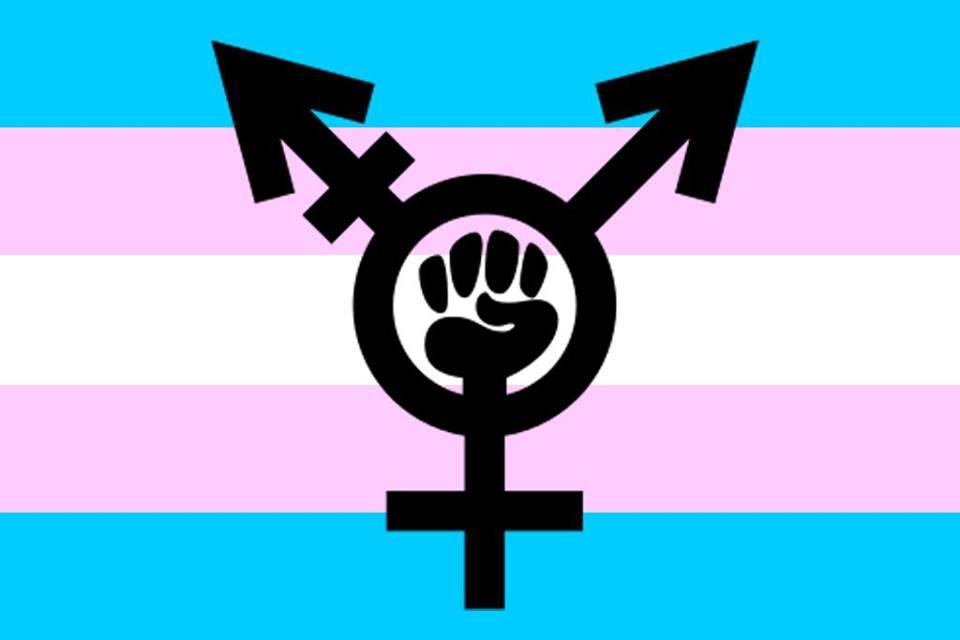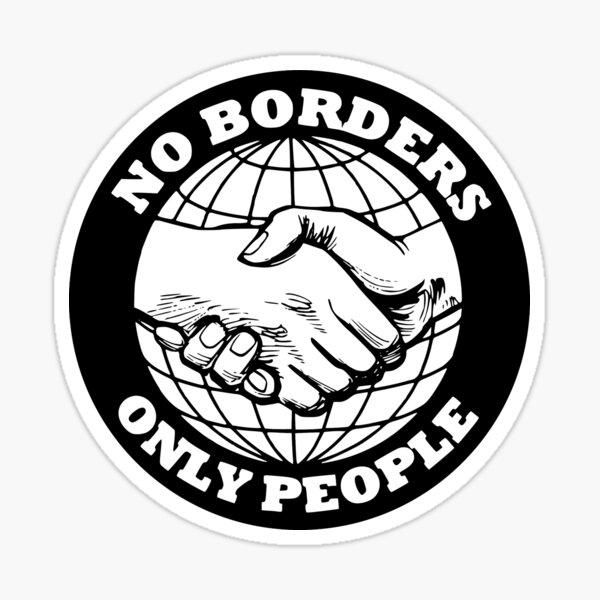
Values of the Louder Transition

Anarchism
Anarchism is a political philosophy and movement that is against all forms of authority and seeks to abolish the institutions it claims maintain unnecessary coercion and hierarchy, typically including the state and capitalism. Anarchism advocates for the replacement of the state with stateless societies and voluntary free associations. A historically left-wing movement, anarchism is usually described as the libertarian wing of the socialist movement (libertarian socialism).

Rejection of Absentee Ownership
The rejection of absentee ownership stems from concerns over the social, economic, and ethical consequences of individuals or entities owning property or resources without actively engaging with or contributing to the local community. Absentee owners, who may live far from the properties they own, are often seen as prioritizing profit over the well-being of the people and places they invest in. This detachment can lead to neglect, reduced accountability, and a lack of investment in the maintenance and improvement of the property or surrounding area. In agriculture, for example, absentee landowners may fail to manage land sustainably, harming the environment or local economy. In urban areas, absentee landlords may neglect their properties, allowing them to fall into disrepair, which diminishes the quality of life for residents. This model of ownership is often criticized for exacerbating inequality, as it allows wealth to accumulate without providing tangible benefits to the community. Thus, the rejection of absentee ownership is rooted in a desire for more responsible, community-centered ownership models that promote stewardship, accountability, and long-term social and environmental well-being.

CopyLeft: Rejection of Intellectual Property
Copyleft is a concept in the realm of copyright law that promotes the idea of freely sharing and modifying creative works while ensuring that the same freedoms are preserved for others. Unlike traditional copyright, which restricts the use and redistribution of a work without permission, copyleft uses copyright law in a way that guarantees anyone who modifies or distributes the work must do so under the same open terms. The most famous example of copyleft is the GNU General Public License (GPL), which is used for open-source software. Under copyleft, users are free to copy, distribute, and alter the work, but any derivative works or redistributed versions must also be licensed under the same copyleft terms, ensuring that the work remains free and open for future generations. Essentially, copyleft allows creators to protect their rights while encouraging collaboration, sharing, and continuous improvement of creative works.

Transgender Liberation
Transgender liberation is the movement advocating for the rights, dignity, and freedom of transgender people, aiming to dismantle the social, political, and legal systems that oppress them. It seeks not only the recognition of gender identity but also the affirmation of transgender people's right to live authentically, without facing discrimination, violence, or stigma. Central to transgender liberation is the demand for equitable access to healthcare, education, employment, and housing, as well as legal protections that honor individuals' self-identified genders. It challenges harmful norms surrounding gender, rejecting the binary framework that often marginalizes those who do not conform to traditional roles or expectations. Beyond legal equality, transgender liberation emphasizes cultural and societal change, advocating for broader acceptance, respect, and celebration of gender diversity. Ultimately, it envisions a world where all people, regardless of gender identity, can live free from oppression and fully participate in society without fear of marginalization or harm.

Immigrant Rights and Open Borders
Immigrant rights and open borders are rooted in the rejection of hierarchical structures that enforce separation and privileges. Borders are artificial divisions created to control movement, exploit labor, and maintain unequal power relations. By advocating for open borders, we aim to dismantle these structures of domination, allowing for the free movement of people across the world. Immigrant rights, in this context, are a vital part of ensuring that all individuals—regardless of their nationality or place of birth—are treated with dignity, equality, and autonomy. Rather than reinforcing the idea of national identity or citizenship as a means of exclusion, we promote solidarity across communities, recognizing that our collective well-being is better served when people can live freely and choose where they thrive without the fear of repression or displacement. Open borders, therefore, are not just about mobility; they are about rejecting arbitrary barriers to human freedom and fostering global cooperation based on mutual aid and shared responsibility.

Currently seeking help
If there are ways you would like to get involved with the band, please contact us. We're looking for help on a few fronts
- production
- graphic design
- promotion
- mutual aid group liasons
